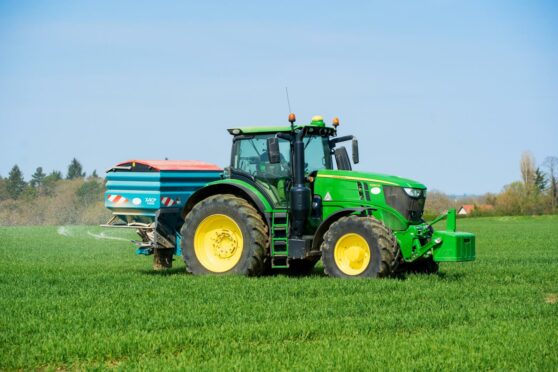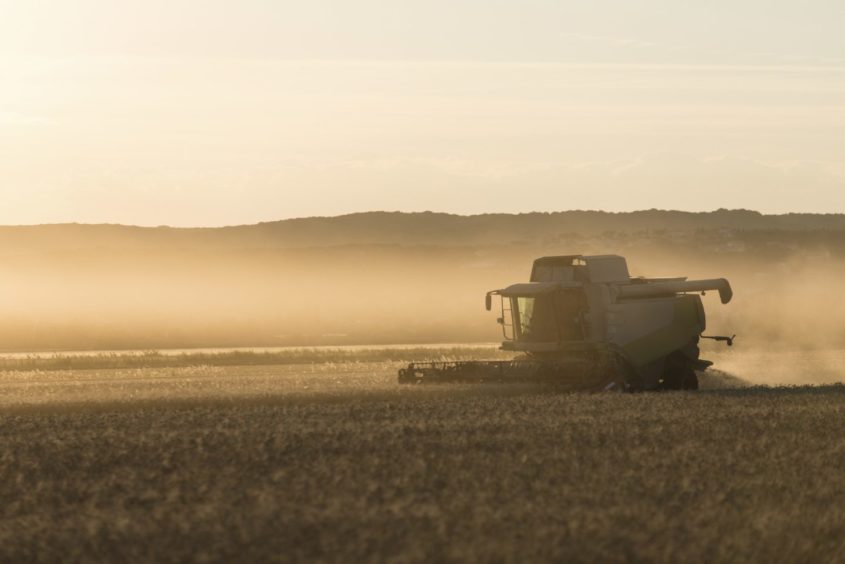The news around the impact on carbon dioxide supplies from the closure of two fertiliser plants in England could be just the tip of a looming problem.
While the reopening of the plants to produce carbon dioxide for the food industry may temporarily solve that issue, fertiliser prices across Europe are being driven upwards by rising gas prices.
There have been reports in the EU that major manufacturers, including Yara, are suspending production at some facilities.
Estimates are that ammonia production in Europe has already been cut by up to 40%.
This can only mean higher prices and the Irish Farmers Association says the EU must respond by suspending anti-dumping duties against imported fertiliser. This call has been backed by other European farm lobby organisations.
These duties protect the European industry and are estimated to add at least £200 million a year to farmers’ costs.
Harvest fortunes
The European Commission’s Joint Research Centre has updated its harvest estimates for spring crops.
These point to a small overall decline, but yields remain above the five-year average.
The decline is because of sustained hot weather in some southern European member states, but yield estimates have risen in northern member states.
The grain trade Coceral forecast also points to a slight reduction in total winter and spring cereals output. This is down marginally from 315 to 312 million tonnes for the EU and UK. This is still well ahead of last year’s final harvest figure of 291 million tonnes.
The wheat estimate is 143 million tonnes – well ahead of the 2020 figure of 128 million, but down marginally on past forecasts due to harvest reductions in France and Germany, linked to weather.
Lastly, on the run up to the COP26 climate change conference the EU has announced plans to change market access rules for developing countries.
A long list can export to the EU without tariffs under a programme in place for 50 years. This was tweaked some years ago to give these countries tariff free access of “everything but arms”.
Now the EU is planning introduce new climate change and social criteria as well as income as a basis for being part of the scheme.
Meanwhile, the EU has signed a new agreement with the United States to encourage other countries to commit to a methane reduction pledge, to cut livestock methane output by 30%t by 2030. This includes a commitment to use science to find new ways to feed livestock to reduce methane output.
- Richard Wright is an agricultural industry commentator.

